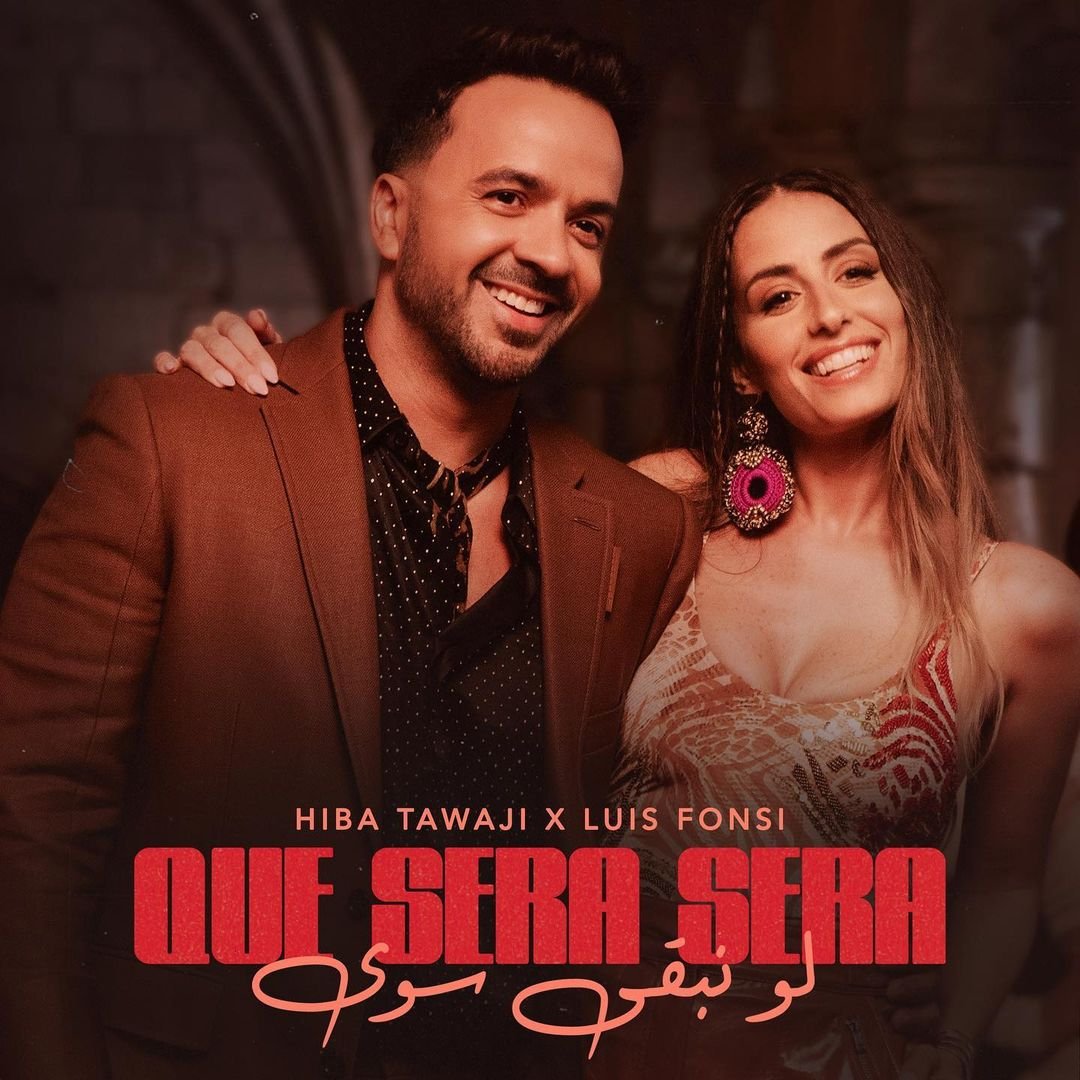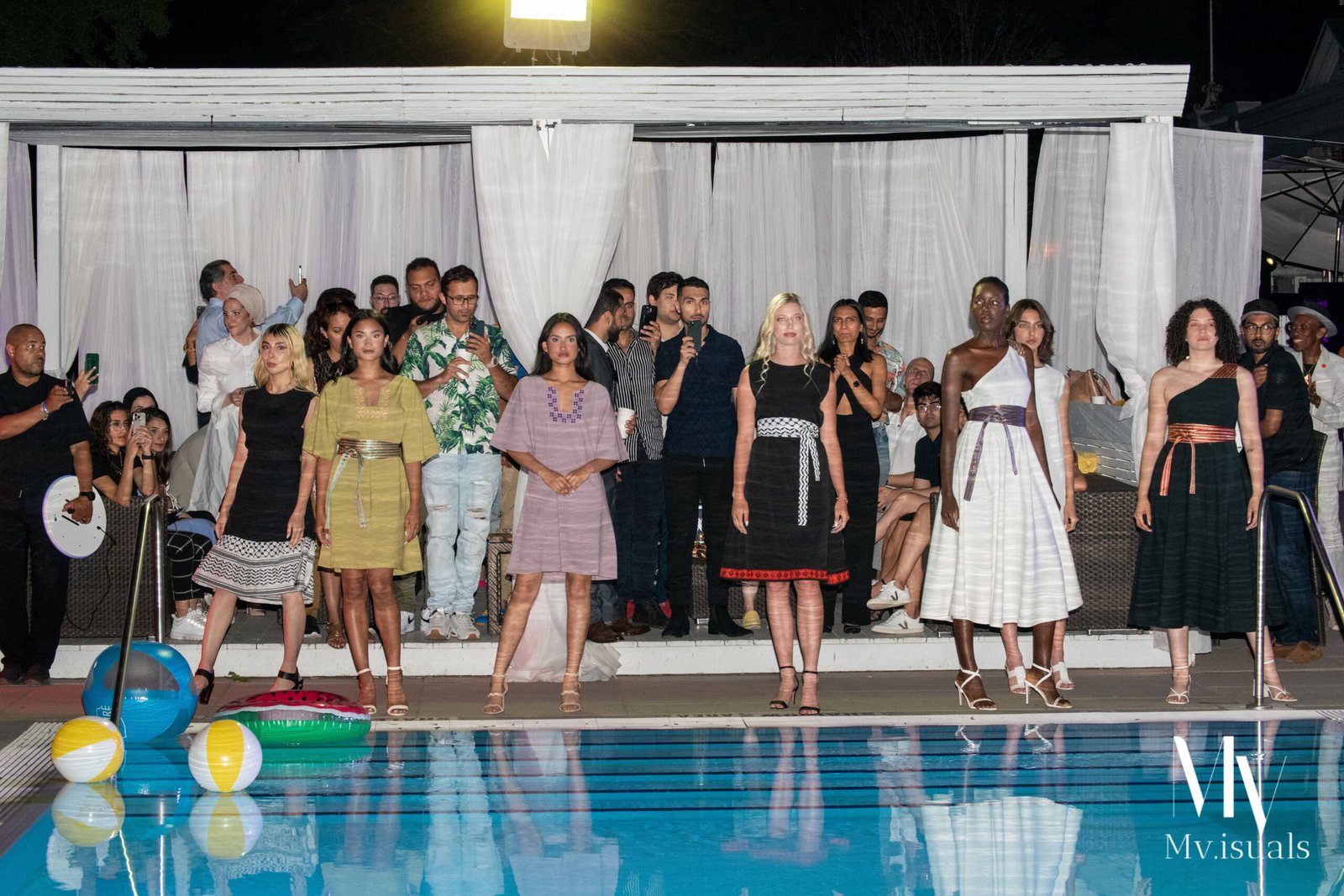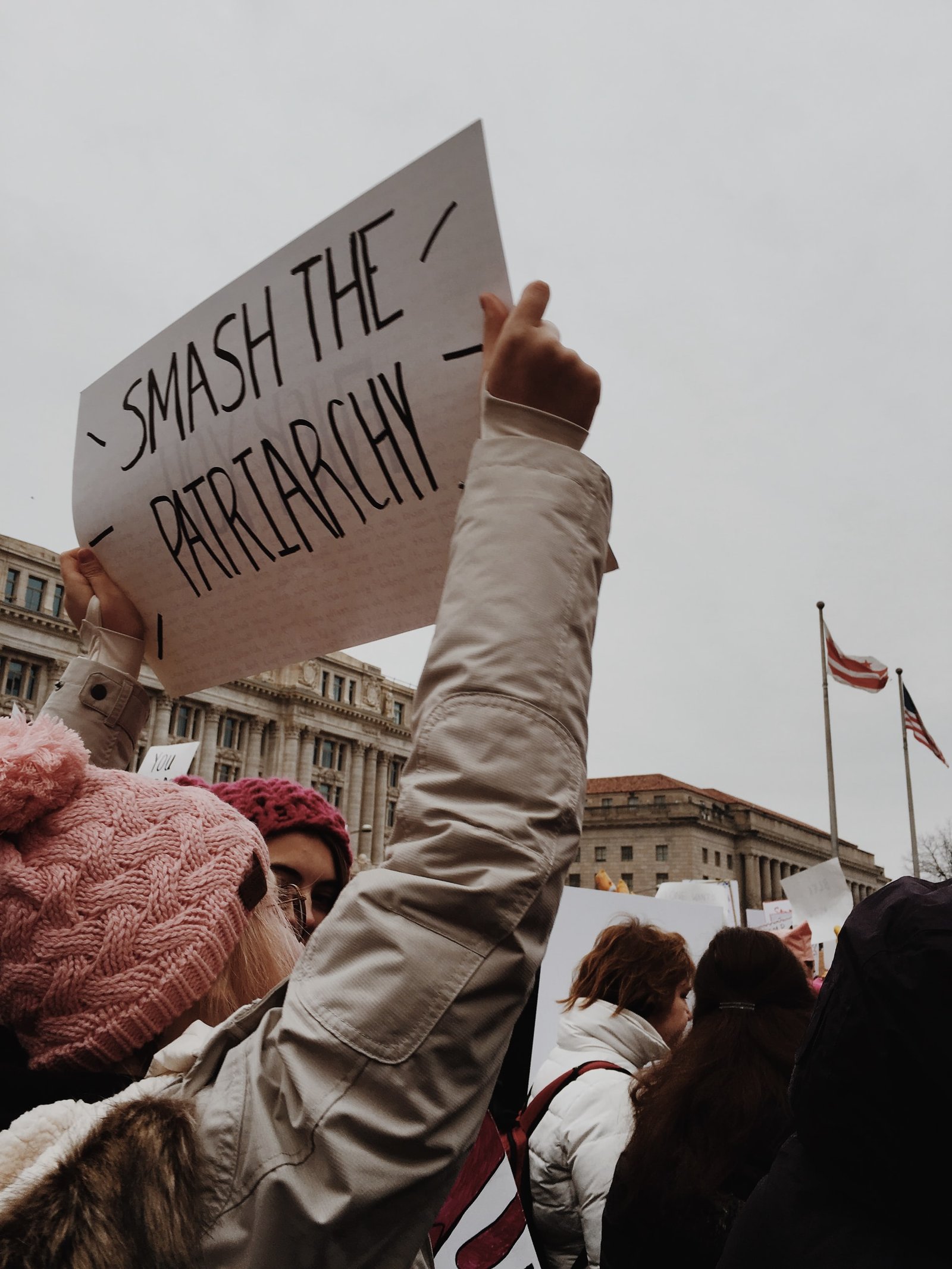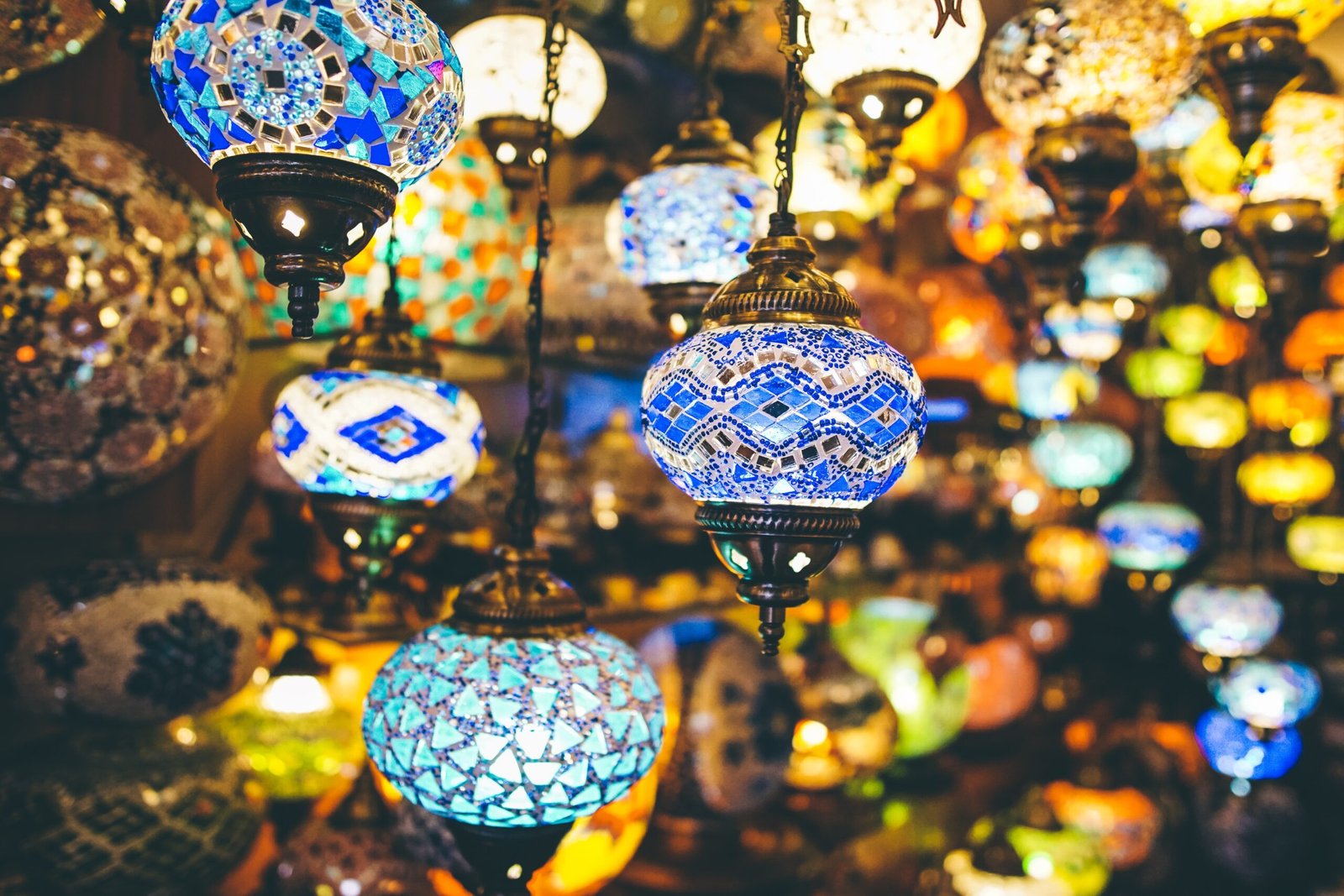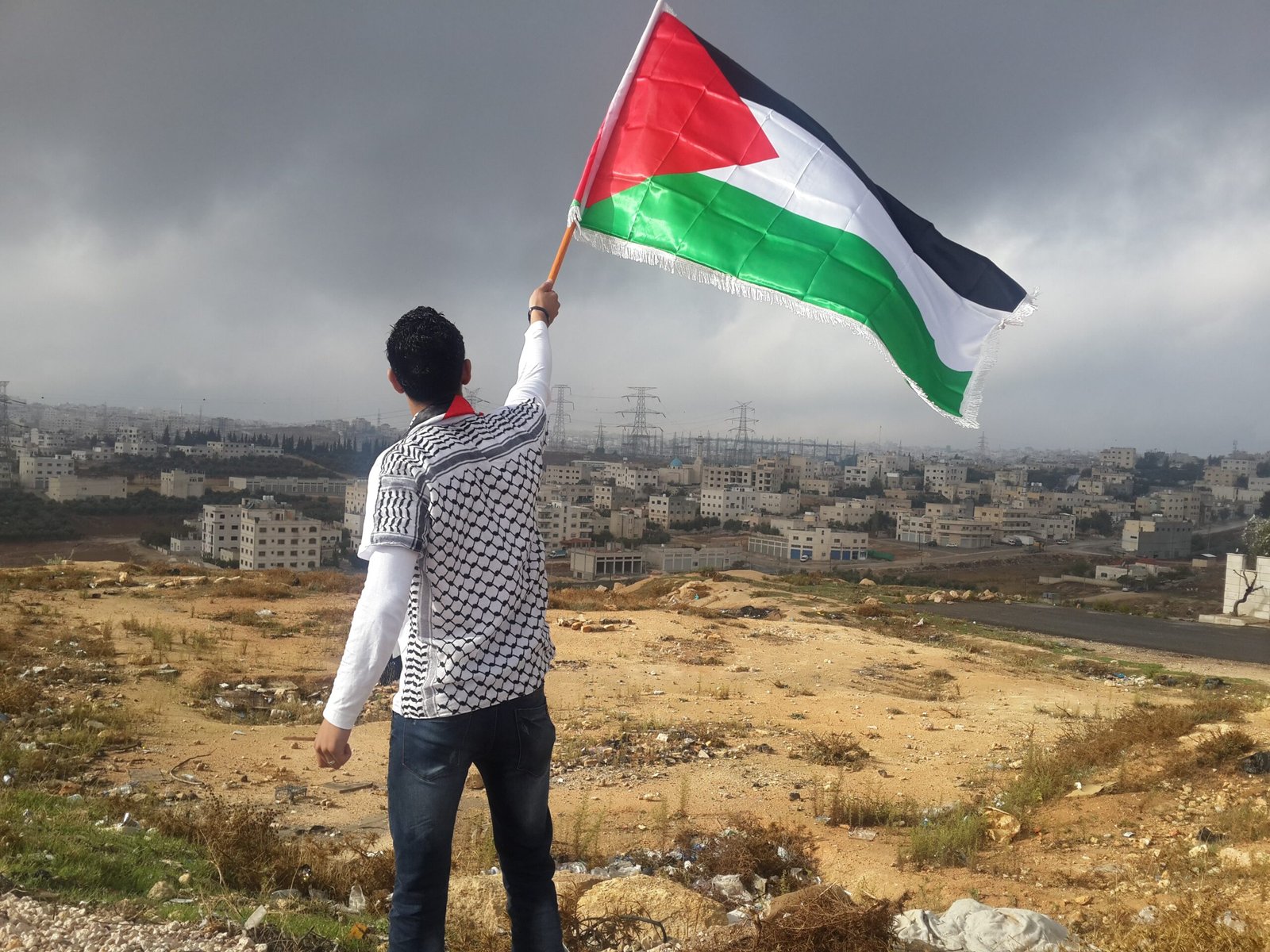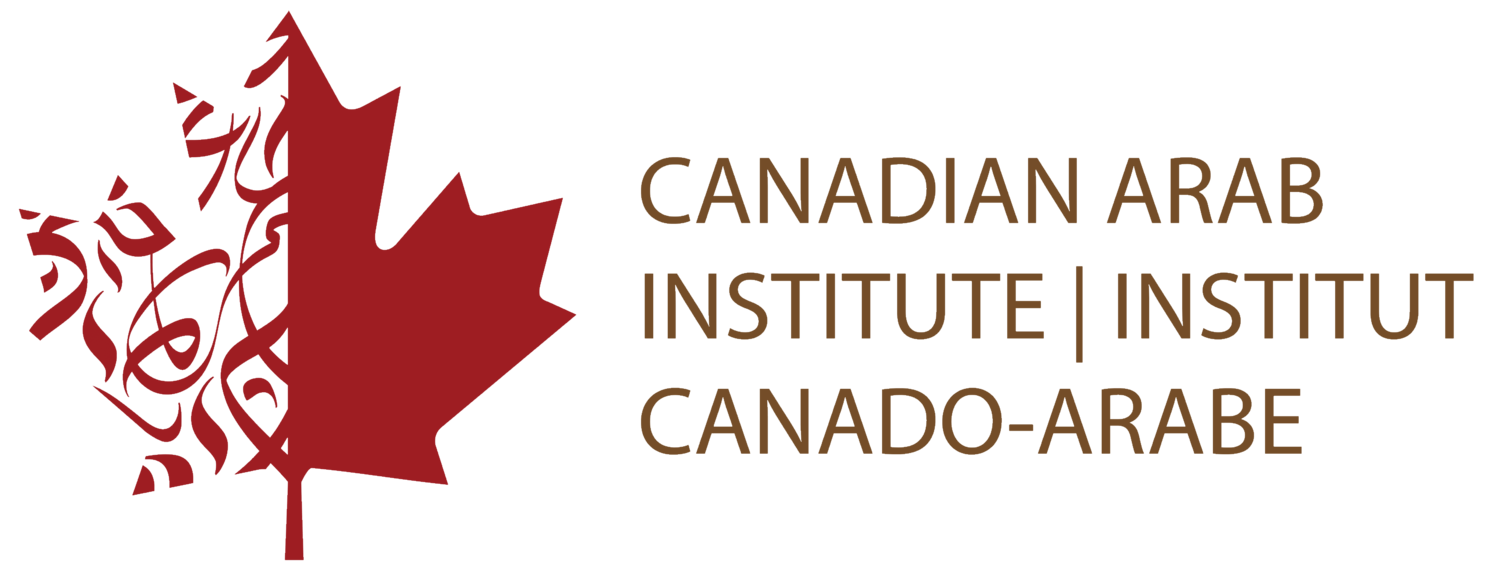My.Kali magazine founded in September 2007, initially started in Jordan but is a MENA regional website.
It is a Queer Feminist intersectional platform that using its platform to change the way Arabs in the Middle East and Diaspora view Queer and Feminist people, but also create a safe space for minority individuals.
We talked to the founder; Khalid Abdel-Hadi who is a Palestinian Jordanian, the Editor in Chief, and the creative director of My.Kali.
Tell us what motivated you to start the My. Kali magazine? What is the purpose for it?
Khalid Abdel-Hadi: The publication started as a very needed solo project with what was going on in the Middle East. I needed a place to exist as an Arab Muslim who also identifies as Queer and I found very limited places like those. This slowly transitioned to a community-based publication, where we got articles written by the public and posted the ones that were interesting, and started conversations. Now we have people from all over the world pitching in. The purpose of this magazine now is to serve the Queer and Feminist community in the Middle East, and the Arab diaspora to document their stories, create a safe space, and a place where readers are engaged with eye-opening pieces.
What type of articles or publications do you look forward to publishing at My. Kali?
Khalid Abdel-Hadi: The articles that I really focus on publishing are stories and interviews about individuals specifically in the Queer and Feminist community. I love documentation and storytelling. These individuals get to work with our writers, about their journeys, success, struggles, and the way we portray these individuals is always very unique, and there are always very different angles we can take. We like to keep it consistent and anonymous so their futures are not jeopardized, and we respect them. We also love opinion pieces that are conducted by our writer, and we usually have a set theme or topic to write and they are also amazing. My.Kali basically has a lot of different categories and publications but those would be my two favourites.
If you had to pick one of your favourite/recommended article pieces that has been published up to date, which one would it be?
Khalid Abdel-Hadi: This is a really tough one… I would have to say there are a few that come to mind. One of my favorite articles is Screens and streets: sexuality in the modern Middle East - we discuss the sexuality of the Arab pop culture now and even in the early 2000s and specifically pick famous individuals of a specific time like Ruby. Another article that I love is Globalizing the closet and we talk about the topic of coming out in the Arab world and if that is important, and that was also an article that did really well. We sparked really interesting conversations about that. Another one that is worth noting is Queers In the Iraqi revolution: Sexual Diversity in The Iraqi Revolution Angers The Authority. This was basically an article about how the Iraqi government uses homosexuality to discredit and anger the public.
What is your target audience and how do they respond to each publication?
Khalid Abdel-Hadi: Our magazine is typically targeted towards anyone who is associated with our brand and that is if they are either part of the Queer or Feminist community and/or support it. If you are looking for an age range it is typically targeted towards the younger audience and that is what we were able to see from our statistics. But, that is the whole deal with My.Kali that slowly we want to create change and make the magazine known for the mature generation as well. It has to go through the younger generation first.
What is one conversation you really want to start in the Arab world and diaspora that you feel you can through publication?
Khalid Abdel-Hadi: I think intersectionality is a conversation that still needs to happen along with LGBTQ issues. We have to use intersectionality as a tool to help us solve some of the other issues we have going on as well within our society. There is not one social issue that needs to be discussed but there are a few like gender-based bias, sexism, feminism, patriarchy. Being able to have an intersectional article published is having an intersectional, and inclusive conversation with society. We have to include as many conversations, and not exclude many. I also think pop culture is so important to use to discuss these issues and put it as a front center to discuss these issues because it affects society a lot.
Have you ever had any special publication that had received a lot of backlashes and why?
Khalid Abdel-Hadi: Yes, one of the articles that have been published quite recently received a bit of backlash. One was our interview with a Jordanian sheikh who came out and he used to work for a ministry related to religion, and he used to be an Imam. An interview was conducted with our publication and it caused a lot of controversies. He later confessed that our magazine inspired him to come out, and when he said we received backlash because people thought we were corrupting other people's minds. I mean when you are writing such vocal, and opinionated pieces and you are clearly taking one side it is no secret that we will have backlash. It is all something that we need to adjust to when doing this type of work.
My.Kali magazine is performing the best, in order to break down minority-based issues related to gender, and sexuality. One article at a time the team has grown to become quite popular in the Middle East, and well known in the diaspora.
They hope their magazine continues to flourish and grow and they are able to make a positive impact on people’s lives by sharing stories about like-minded individuals.




